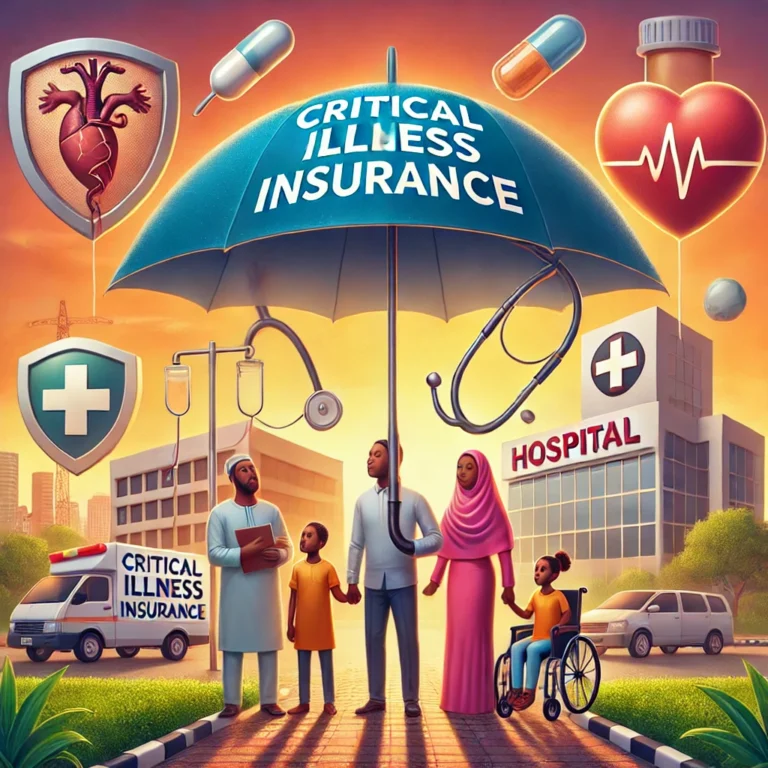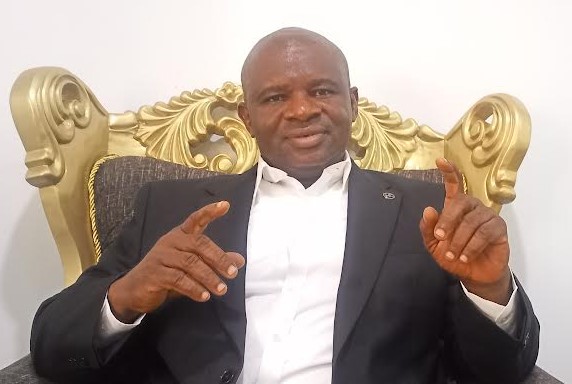
The Head of Marketing at AXA Mansard Insurance Plc, Olusesan Ogunyooye, has emphasized the need for Nigerian universities to strengthen their “town-and-gown” partnerships by ensuring academic research directly addresses societal issues and business challenges.
Speaking at Covenant University, Ota, Ogunyooye presented a paper titled “Beyond the Arts: Applying the Knowledge of Language to Business” to students of the Department of Languages and General Studies. He highlighted the importance of deeper collaboration between universities and their host communities, urging academia to go beyond theoretical knowledge and become more responsive to real-world problems.
Commending Covenant University’s efforts through its ‘town and gown’ initiative, Ogunyooye noted that while progress has been made, more is needed in terms of relevant research, co-creation with industry stakeholders, and active practitioner involvement in knowledge development and evaluation.
“We must go beyond engagement for engagement’s sake,” he said. “Academia should ask: How can our research help solve real business problems? How can it drive innovation, inform policy, or improve everyday life?”
Using his experience in the insurance industry, Ogunyooye offered a vivid example: “As someone who sells insurance, I often worry about how to shift the Nigerian mindset from ‘God forbid’ to taking proactive steps to invest in insurance. Yet, when I speak to graduates about their research, I often struggle to see how it connects to the pressing issues we face in the business world.”
He pointed out that increasing insurance penetration could significantly impact the Nigerian economy. For example, he revealed that between 2022 and 2024, Nigeria lost over $4.6 billion to flooding, wiping out more than ₦700 billion in agricultural assets. In healthcare, nearly 1,000 women die per 100,000 live births due to pregnancy-related causes issues that a more robust insurance system could help mitigate.
Highlighting the critical role of insurance during crises, Ogunyooye cited how insurance firms paid out over ₦11 billion in claims during the #EndSARS protests and xenophobic attacks, helping businesses to recover and preserve jobs. “Insurance is more than a financial safety net,” he said. “It’s a pillar of national resilience, economic recovery, and social well-being.”
He urged universities to adopt frameworks that enable faculty to collaborate actively with industry practitioners going beyond observation to co-create knowledge using real-world data, trends, and case studies. “Research should no longer be just a means to earn a degree, it must be a catalyst for national progress and enterprise growth,” he added.
Reflecting on his own career from an English Language graduate to a senior executive across insurance, real estate, healthcare, fintech, and public-private partnerships, Ogunyooye illustrated how language, communication, and cultural insight can drive cross-sector success.
He also called on academic institutions to rethink the design of thesis and dissertation projects, encouraging students and faculty to focus on current challenges faced by businesses and society.
“When students investigate the real issues businesses are dealing with, and faculty co-create and evaluate that research with industry partners, scholarship becomes a tool for transformation,” he concluded.
The session was part of Covenant University’s continued efforts to bridge the gap between academic learning and practical industry experience, drawing enthusiastic participation from students and faculty members alike.









